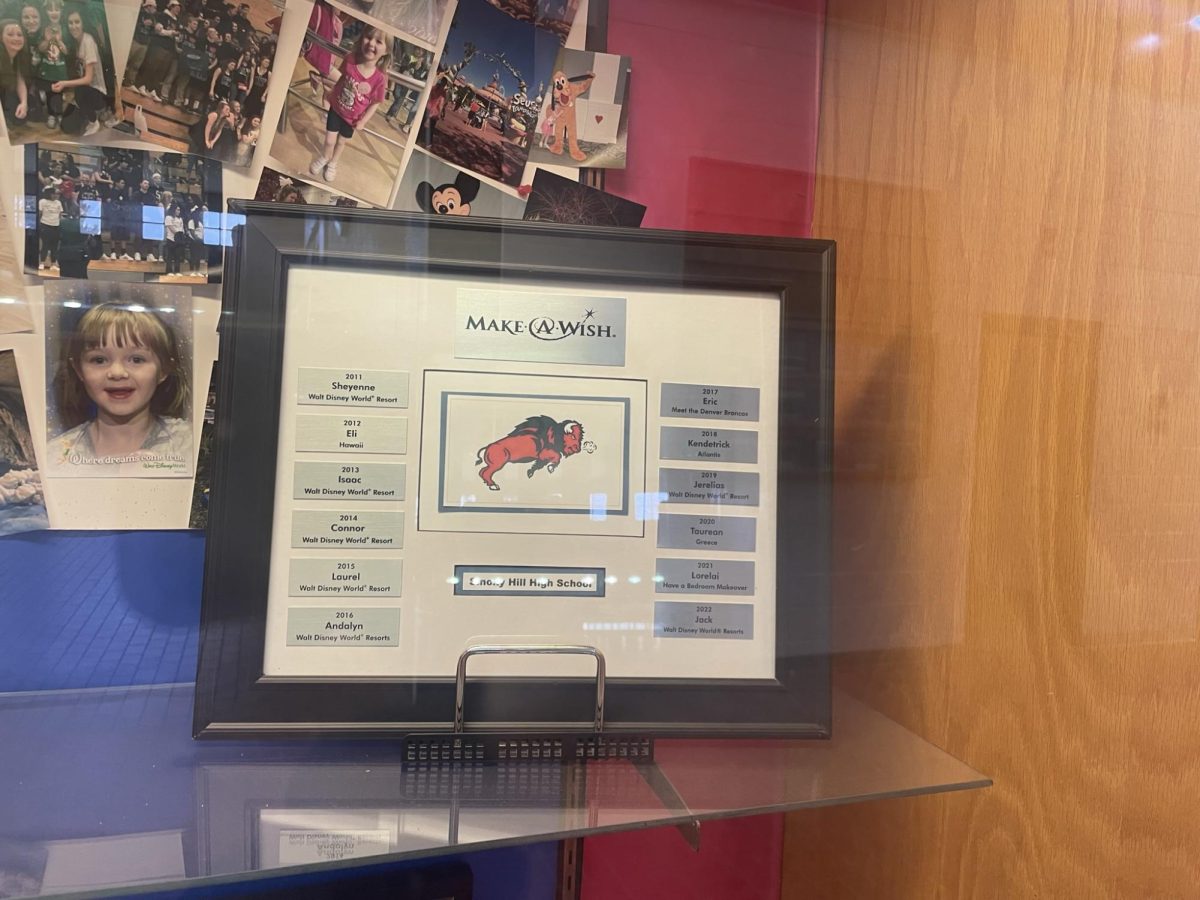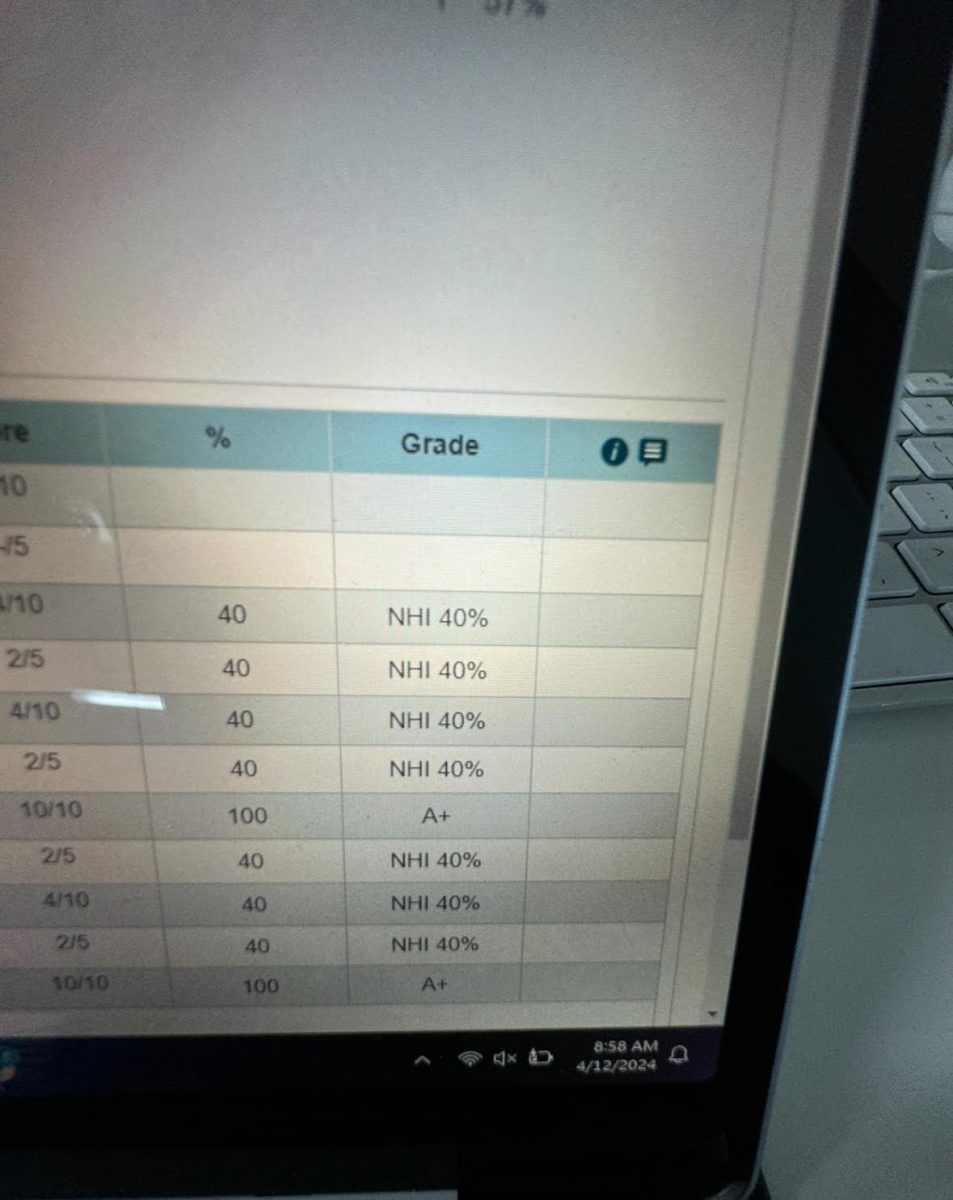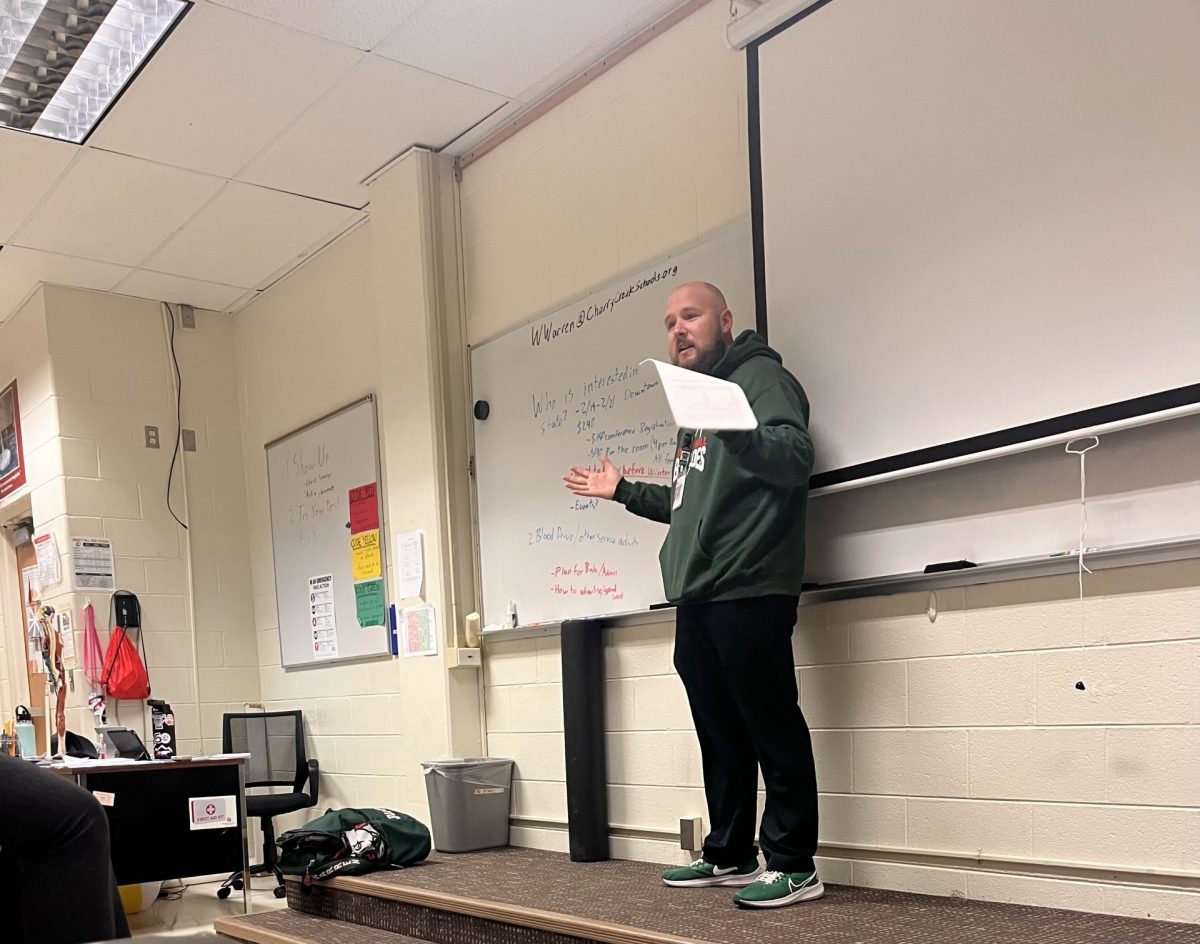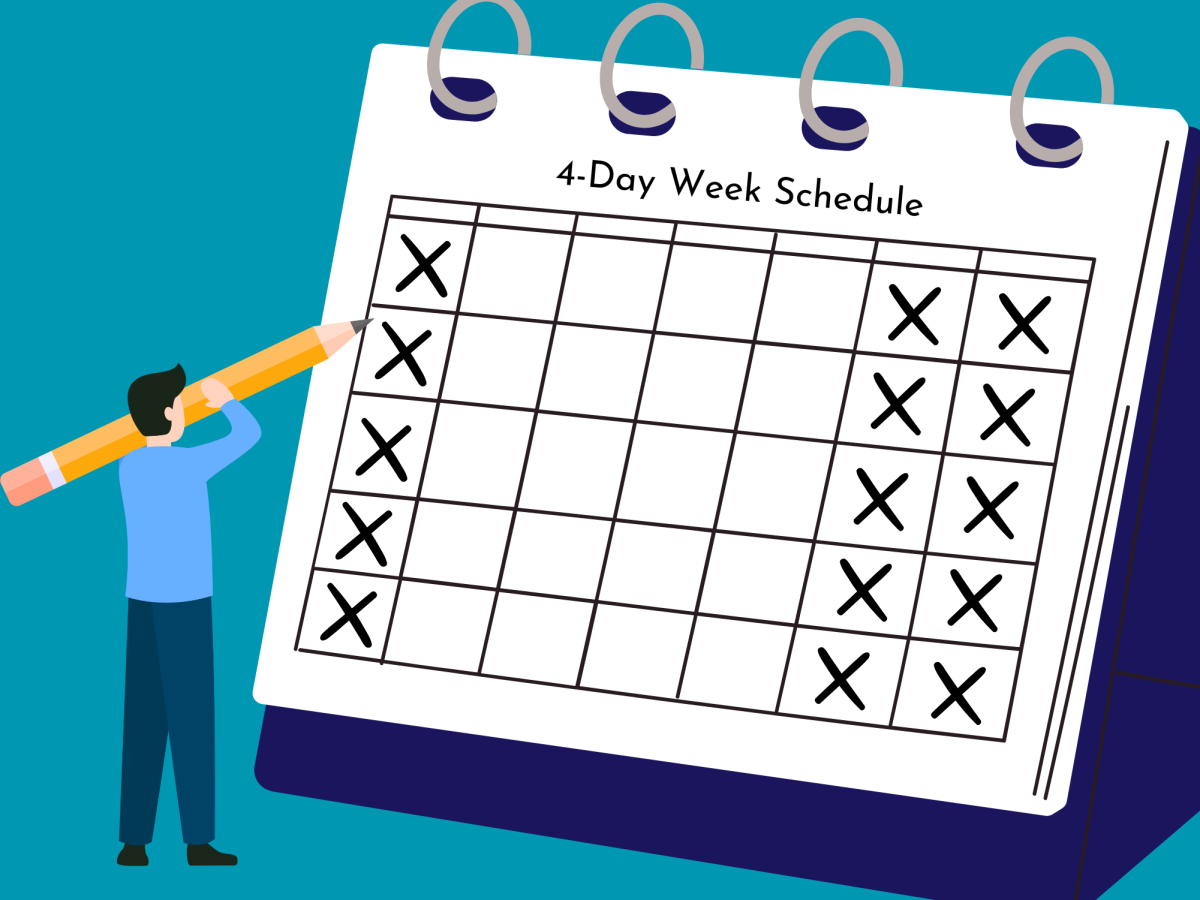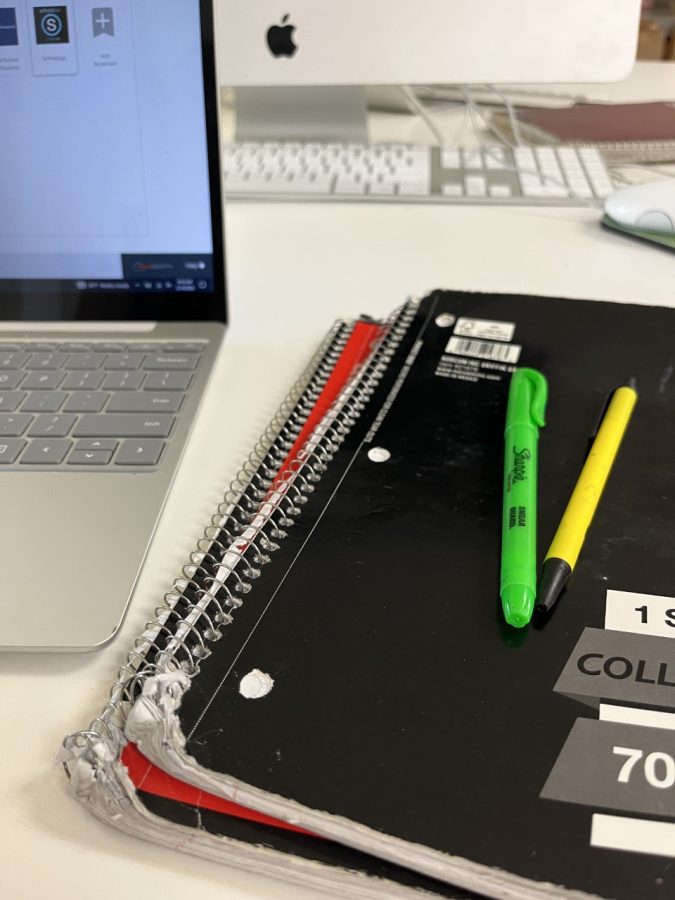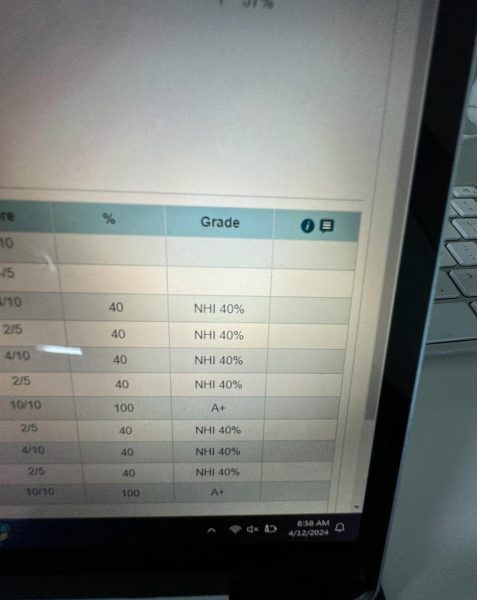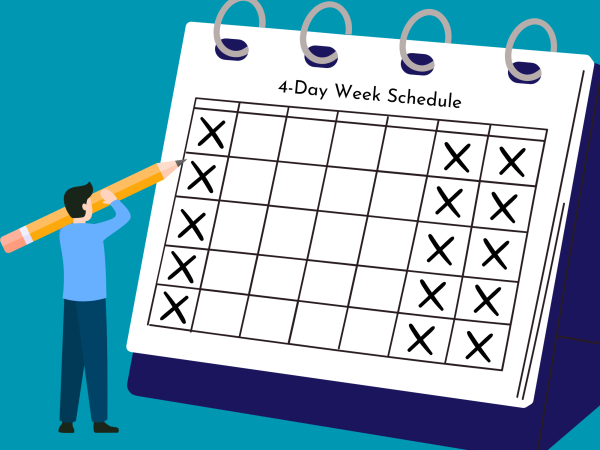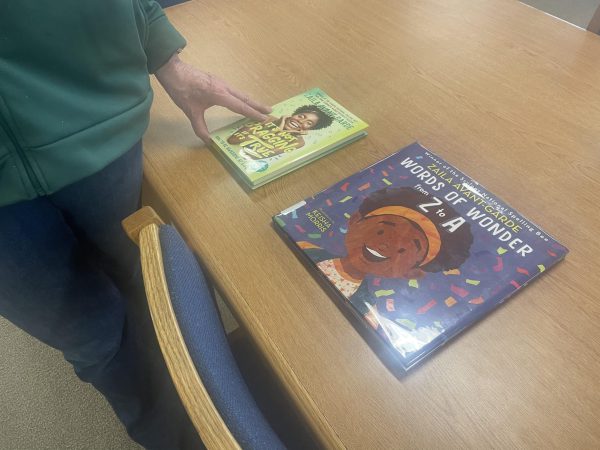10 Tips for Preparation on your Next Exam
Several tips to help you get through Spring semester productively and the best you can academically
February 14, 2023
At some point, everyone has felt nervous or underprepared for an upcoming test or quiz. Here are 10 tips so you can prepare and feel confident for your next test:
-
Plan studying time every day
Set aside a couple of hours every day to study. The more time you spend studying will help you with memory when it comes to actually taking the test.
2. Take notes
In the days before your test, you can use a piece of paper to quickly jot down topics while you’re in class. You can use these notes later to refresh your memory.
3. Re-reading notes
Using notes you wrote down in class can help so much with remembering the material. It can refresh the ideas and topics from class, and your memory will improve but it will also stick with you for a while the more you re-read the notes.
4. A good sleep schedule
Sleeping has been proven to help strengthen memory. “Sleeping helps strengthen memories you’ve formed throughout the day,” The NIH said. This is very important when it comes to memory. In general, sleep is always a good thing. But a good sleep schedule, especially after a day of studying, is very important and helpful.
5. Make flashcards
Flashcards are a very good study method and they are very easy to make. You can use actual paper flashcards or use Quizlet online, to make your own flashcards. Some teachers will even make their own flashcards for the class, taking advantage of these resources will boost memory.
6. Healthy diet
Although this sounds weird, a good diet can lead to many good things. “Eating healthy meals has been linked to higher grades, better memory and alertness, and faster information processing,” The OFY said. While a good diet is linked to being healthy physically it is shown it also is good for your health mentally.
7. Organizing a study group
While working alone is good, working with others may be a lot more helpful. You can make a study group with friends or classmates and work together to study material. This could also help with any questions or areas you’re stuck on.
8. Use flow charts and diagrams
Using a visual aid can be very useful. Challenge yourself to make one of these and write as much as you know about a topic. Then you can go back and highlight areas you need to memorize or work on. This will give you a good sense of what you need to study.
9. Look back at graded work
Work you have done in class that has been graded will help you understand where you went wrong. For example, homework that has been graded will give you an idea of what you got right and wrong and then you can highlight what you need to work on.
10. Taking breaks
Studying is just as important as taking breaks. “Taking a break before becoming fatigued helps improve memory and focus,” Michigan State University said. Over-studying can cause burnout, taking a 15 – 20 minute break between studying will just improve memory and your ability to study so much more.



